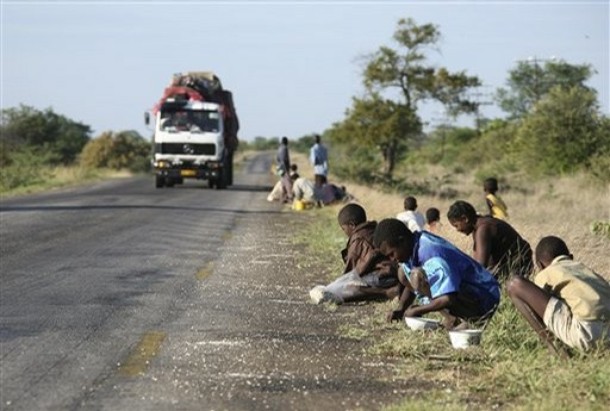Doreen Namasala has been a community health worker for over a decade in rural Malawi, a small landlocked country in southeast Africa. With a population of roughly 15 million, an estimated 60 percent of women report having serious problems accessing health care due to distance, according to the country’s ministry of health.
Too often, Malawi’s health care centers, hospitals and clinics are overcrowded and understaffed, resulting in an overburdened health system that lacks the resources to effectively treat patients.
But as mobile technology skyrockets across the African continent — with mobile phone subscriptions growing 20 percent a year over the past five years — the Malawi Ministry of Health and NGOs such as Village Reach are collaborating with communities to use cell phones to address some of the causes of poor health care for women and children. Problems include limited availability of timely and reliable health information, access and use of health facilities and delays in services.
Namasala started working at the “health center by phone” or chipatala cha pa foni in local Chichewa a year ago, answering about 15 to 18 calls per day. Chipatala cha pa foni aims to improve maternal, newborn and child health services and increase community confidence in the health system.
Currently the pilot project has four key components:
- A toll-free case management hotline
- An automated and personalized service offering tips and reminders for pregnant women and caregivers of children under five
- A health center booking and appointment center
- Community outreach and education on maternal, newborn and child health issues
The program has seen signs of success, including receiving 400-600 calls per month, with over 75 percent of callers interested in receiving advice and/or registering for tips and reminders.
However, there are still many factor hindering progress. Phone ownership is low — less than 25 percent — in rural areas, making it necessary for patients to rely on community health workers’ phones to access the hotline and receive tips and messages. Telecom services and “talk time,” or cell phone minutes, are also expensive for Malawians, which deters patients from utilizing the service.
Despite these setbacks, integrating technology into Malawi’s health system is largely perceived as a success. After all, even an expensive lifeline is one that many Malawians didn’t have before.

.jpeg&w=60&q=100&h=60)




.jpeg&w=60&q=100&h=60)





